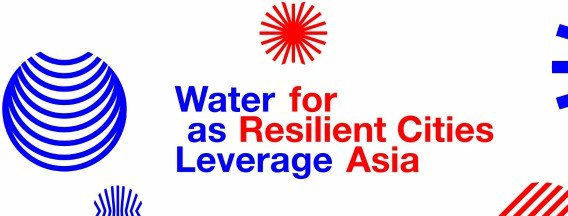
CDR and its partners have been awarded the subsidy Water as Leverage for Resilience Cities Asia to carry out the project “Khulna as a water inclusive enclave”.
RVO Link: “Six teams selected to develop ground-breaking urban water projects in Asia”

CDR and its partners have been awarded the subsidy Water as Leverage for Resilience Cities Asia to carry out the project “Khulna as a water inclusive enclave”.
RVO Link: “Six teams selected to develop ground-breaking urban water projects in Asia”
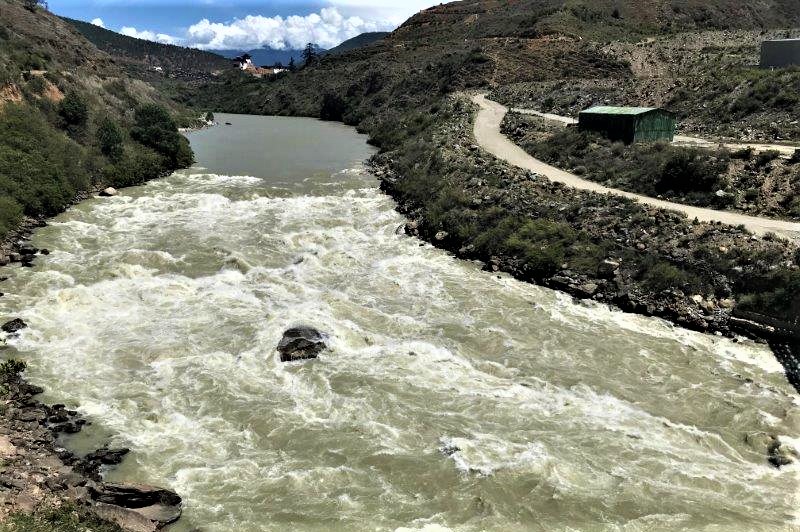
CDR and its partners have been awarded a D2B (Development to Build) subsidy to carry out the Mao river bank protection.
The project will focus on the overall objective of the D2B project, which is to identify suitable and sustainable infrastructural flood protection intervention(s) and / or mitigation intervention(s) alongside the Mao River in order to reduce Gelephu’s vulnerability to floods of the Mao River.
The sub goals of the Develop2Build project are: (1) Answering the question if river training of the Mao River is possible, and if so to what extent. (2) Define the need and suitable and sustainable locations and intervention(s) for land reclamation alongside both banks of Mao River.
See project –>
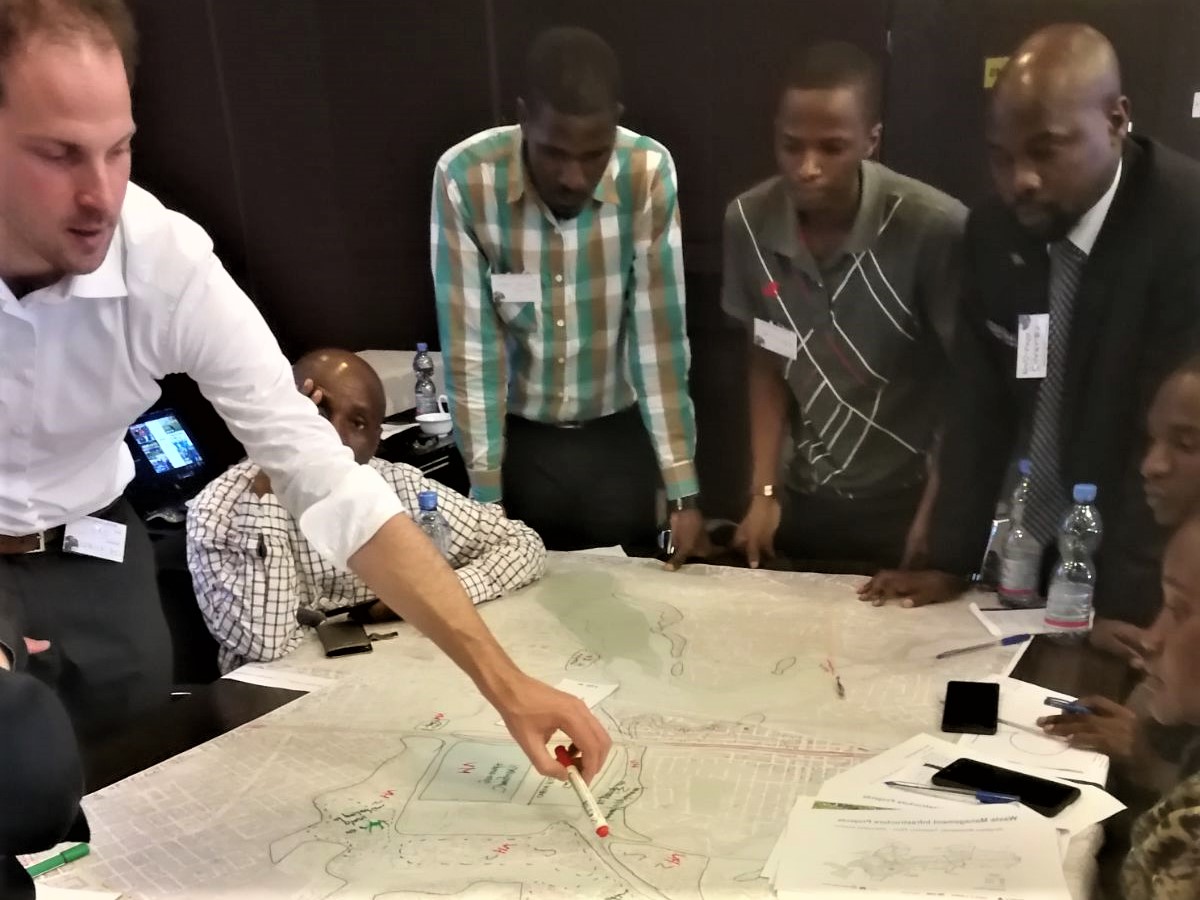
Last month the 3rd design charrette on a plan for the Msimbazi River basin has taken place in Dar es Salaam, Tanzania. This project consists of 2 stakeholder workshops and 6 design charrettes that are being organised in a half a year’s time. The objective of the design charrettes is to develop, together with all stakeholders and communities, a stratgic management framework for the entire catchment area of the Msimbazi River basin as well as a detailed plan for the lower part of the catchment. CDR International is part of a consortium to facilitate this special participatory design process which is funded by the World Bank. Charrettes are particularly suitable to address complex multi-facetted and interrelated social, technical and environmental issues.
The Msimbazi River basin, covering a large part of Dar es Salaam’s urban area, is characterised by extreme high (informal) urbanisation rates, crossing of major infrastructures, a mosaic of different urban land uses and a whole range of environmental and sanitation issues. One of the main issues is the increasing severity and frequency of flash floods affecting the area. The actuality of the problems was underlined by a heavy flood event that took place one day before the 3rd design charrette.
Through these charrettes we work together on a plan for a better living environment in the Msimbazi River basin.
 As from the 15th of February 2018, Jenny Pronker (MSc.) strengthens the team of CDR International as a River and Coastal Engineer.
As from the 15th of February 2018, Jenny Pronker (MSc.) strengthens the team of CDR International as a River and Coastal Engineer.
Jenny graduated from Delft University of Technology in 2017 in Hydraulic Engineering with her graduation project on the Influence of Hydropower Dams on the Mekong Delta. In cooperation with Deltares she gained insights of the hydrodynamics of the delta system using a numerical model. The results of the research were presented at the Mekong River Commission conference of Sustainable Hydropower Development.
Furthermore, she did a research on Salt-intrusion and Sluicing Patterns in the North-Sea-Canal and Amsterdam-Rhine-Canal using a numerical model. Finally, she worked as a project engineer on the Punta Pacifica II project in Panama, where she performed activities regarding the Quality of the Sandfill.
CDR wishes Jenny all the best at the start of her career.
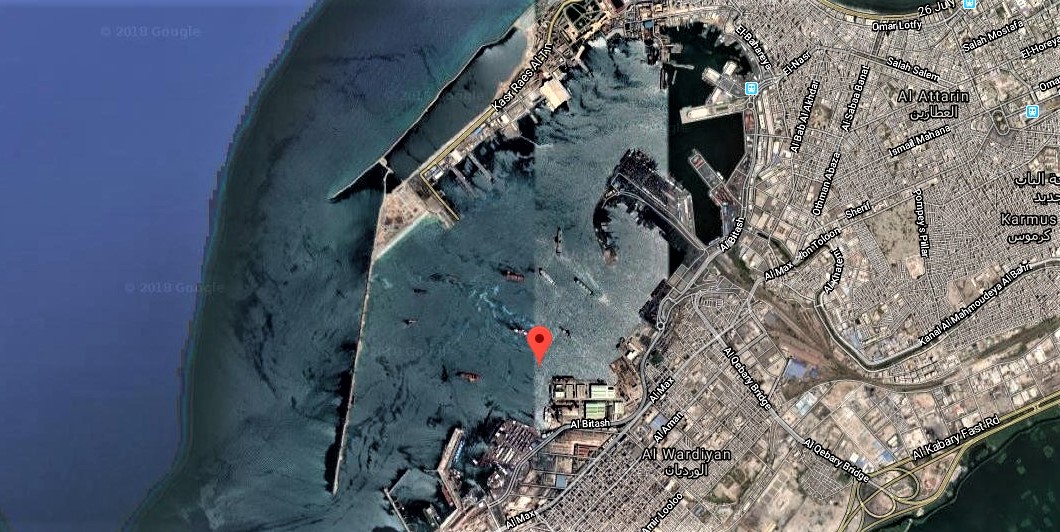
RVO has granted CDR a DHI subsidy for the feasibility study for the refurbishment and renovation of the Port of Alexandria in Egypt. The port currently does not meet the Alexandria Port Authority’s objectives to facilitate vessels with a draft greater than 10m. In order to meet this ambition, a large-scale renovation of the port is required. This includes the deepening of the harbour basin and the replacement of frame walls and associated superstructure (cranes, etc). The study provides insight into the technical, financial and economic feasibility of an investment in new port infrastructure for a future loan.
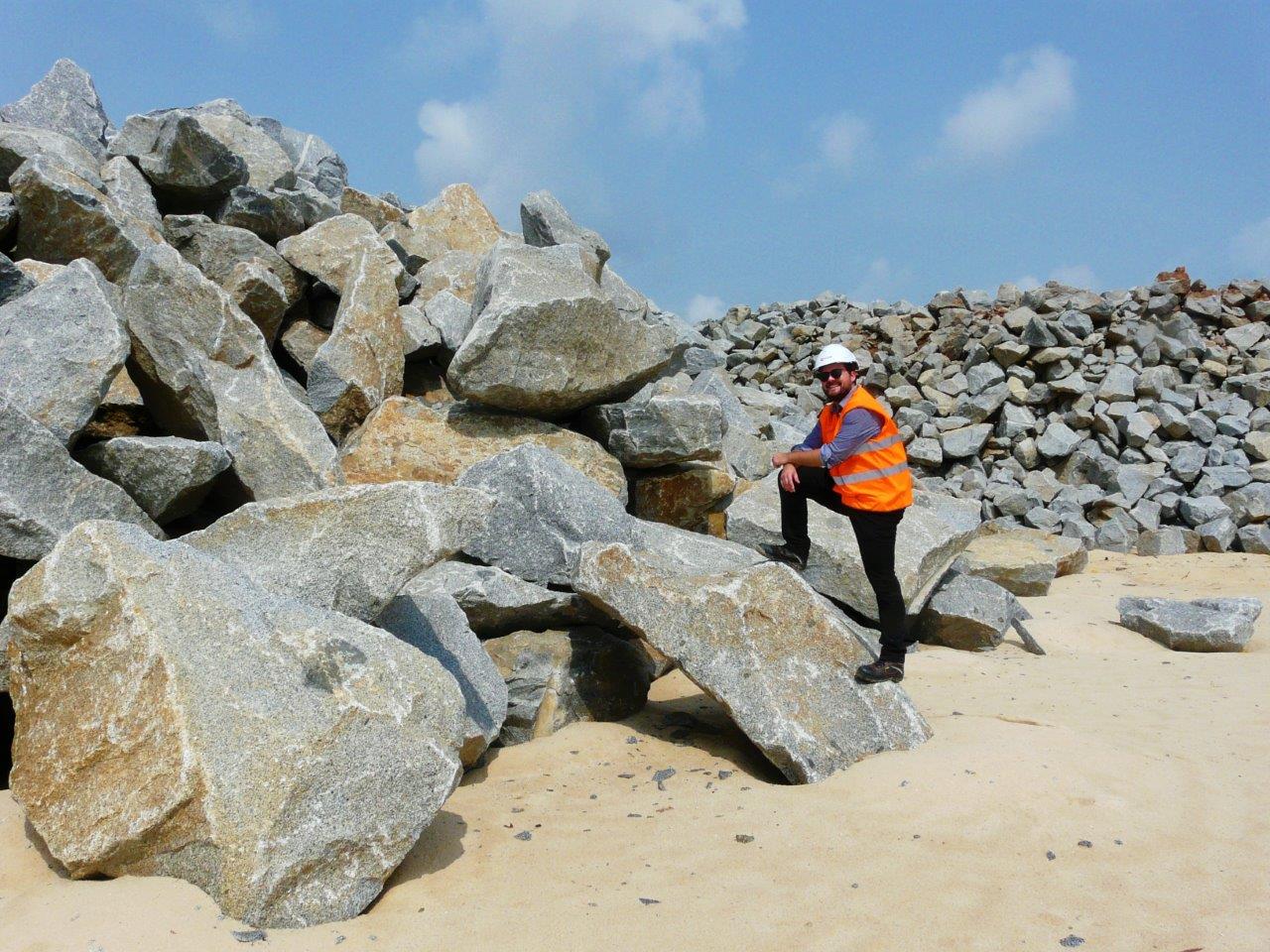
On November 9th, Ruben Borsje has started his internship at CDR International as Project Engineer in Nigeria. As part of a unique project, the Sandbar Breakwater at Lekki, he will be monitoring the construction of the sandy features, as well as part of the rock works. He will be using 2D modelling to assess and predict the changes in morphology of the Sandbar, in the end leading to a better understanding of these kind of structures.
Ruben’s internship is part of his MSc. Hydraulic Engineering degree at the Technical University of Delft (the Netherlands), specializing in Coastal Engineering and Environmental Fluid Mechanics. His main interests are large-scale coastal morphology, building with nature, and the numerical modelling of these phenomena, preferably combined in a design and construction environment. The Sandbar Breakwater project is therefore a perfect match.
Last summer he went to the coastal area of Demak, Indonesia, as part of a research project of the Technical University of Delft. The project focused on the restoration of the heavily eroding mangrove-mud coast, for which Ruben explored the use of drones for the assessment of the effectiveness of already implemented solutions. The gained experience in monitoring techniques in combination with coastal morphology are of much value for his current internship.
The internship at CDR International provides an opportunity to get some hands-on experience with the engineering of a new and unique project, regarding the design as well as the working environment, and Ruben is very much looking forward taking on this challenge.
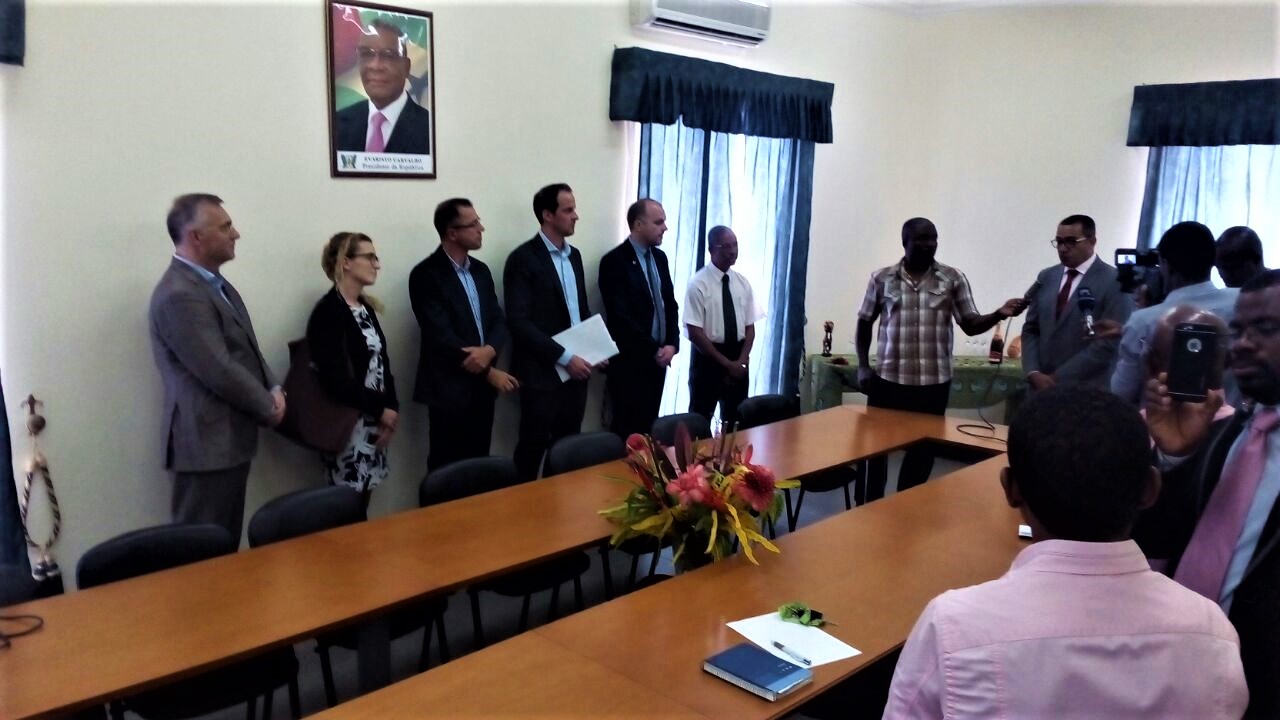
The project kicked-off in October 2017 and completion is expected around May 2018. CDR and its partners, REBEL and UNESCO-IHE, are organizing workshops, execute the Vulnerability Analysis; Feasibility Study; Preliminary Environmental and Social Impact Analysis (ESIA), arrange for Technical Assistance / Training and submit all deliverables in comprehensive reports.
See project –>
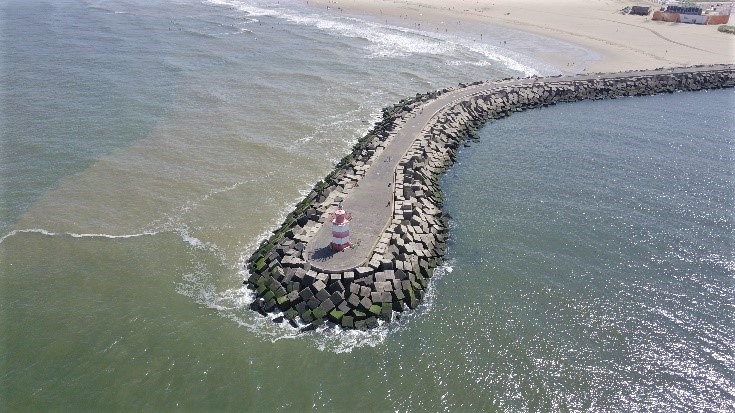
BREAKWATERHEALTHSCAN® is a fresh joint initiative by CDR International, Van der Meer Consulting, DEEP and SKEYE with the aim to provide an efficient all-inclusive service product in the marine and maritime industry, viz. a thorough check on the condition of breakwaters and revetments, in particular in offshore, coastal and estuarian areas. Those can be breakwaters for port entrances, but also groynes, revetments and detached breakwater structures for coastal protection. The checks and scans will be done above and under water and the results will be presented into one actual digital geometric entity. The partners are renowned globally operating companies that are adopting highest standard scanning and processing tools and procedures as well as highly specialised and knowledgeable experts and specialists in marine structures engineering.
The services will be relevant for instance for Port Authorities, Marine Contractors, Insurance Companies, Project Developers and Financiers, Marine Consultants and Land Concessionaires.
Situations that demand the services can be in case of immediate damage repair, general rehabilitation and overhaul, upgrade for new environmental conditions, expansion of the structures, adjacent developments such as reclamations against the structure, analyses if poor construction methodologies seem to be the case and maybe some design issues.
For more information on BREAKWATERHEALTHSCAN®, we kindly refer to www.breakwaterhealthscan.com and by email to info@breakwaterhealthscan.com.
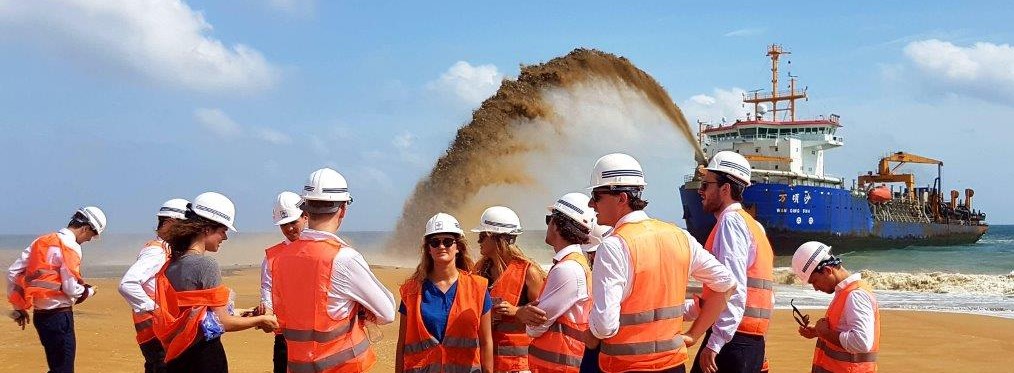
A group of 20 “Hydraulic Engineering Student Association (waterbouwdispuut)” students from the Delft University of Technology (the Netherlands) visited Sri Lanka as part of their study tour. CDR donated time and funding to show them the Land Reclamation Project in Colombo Port City and the Hambantota Port Development Project in Sri Lanka.
See also www.waterbouwdispuut.nl